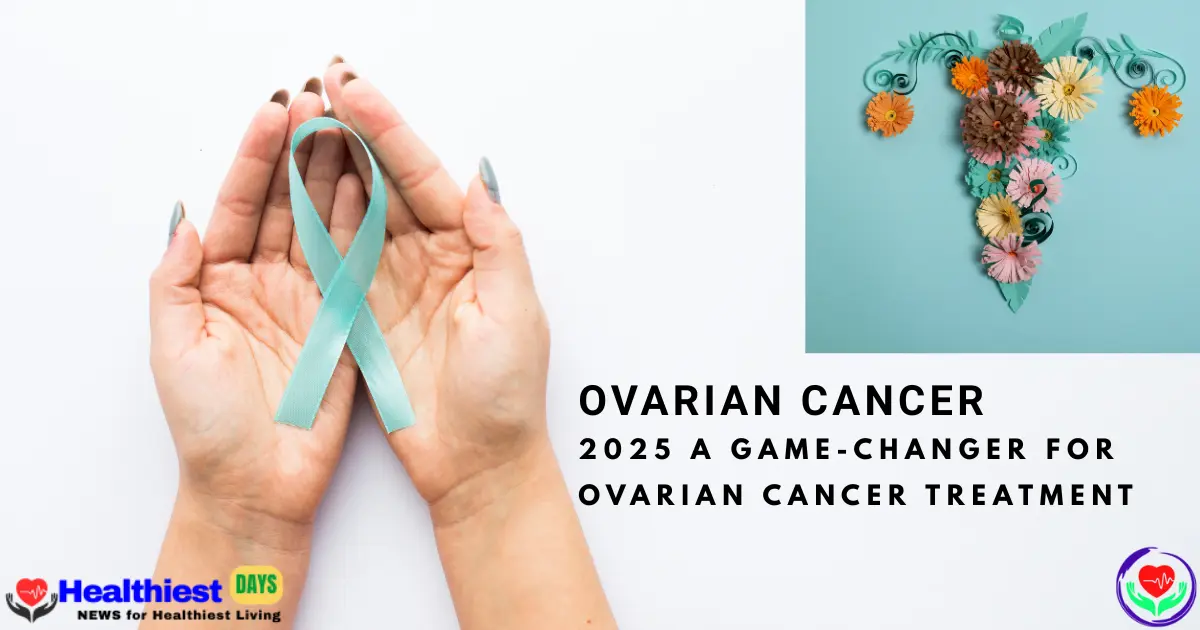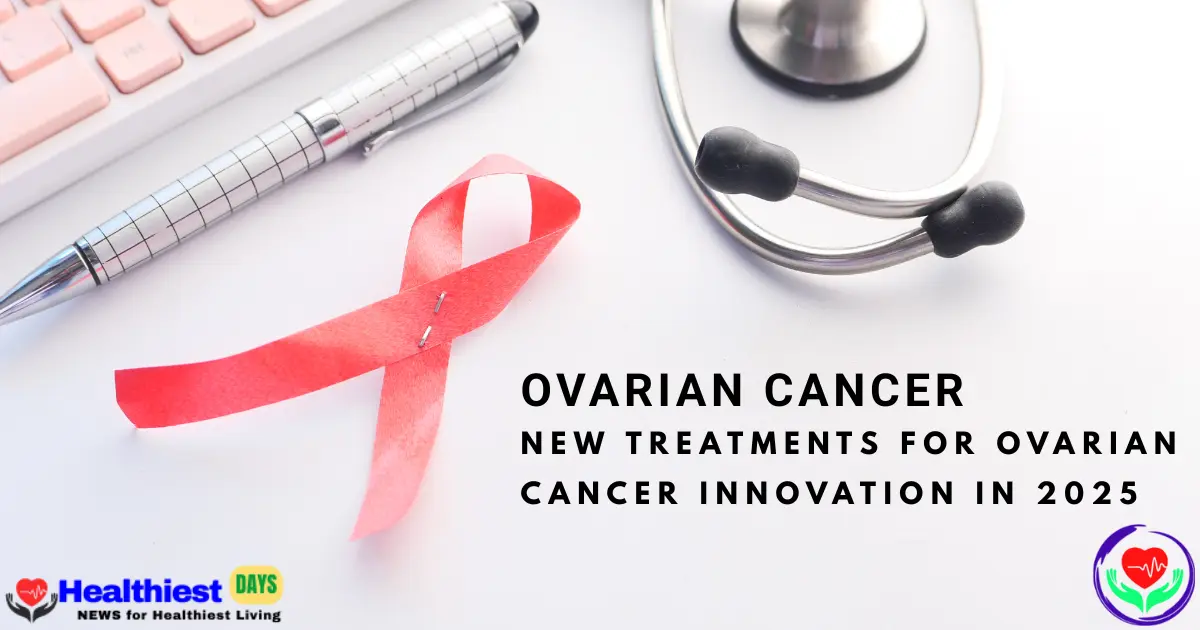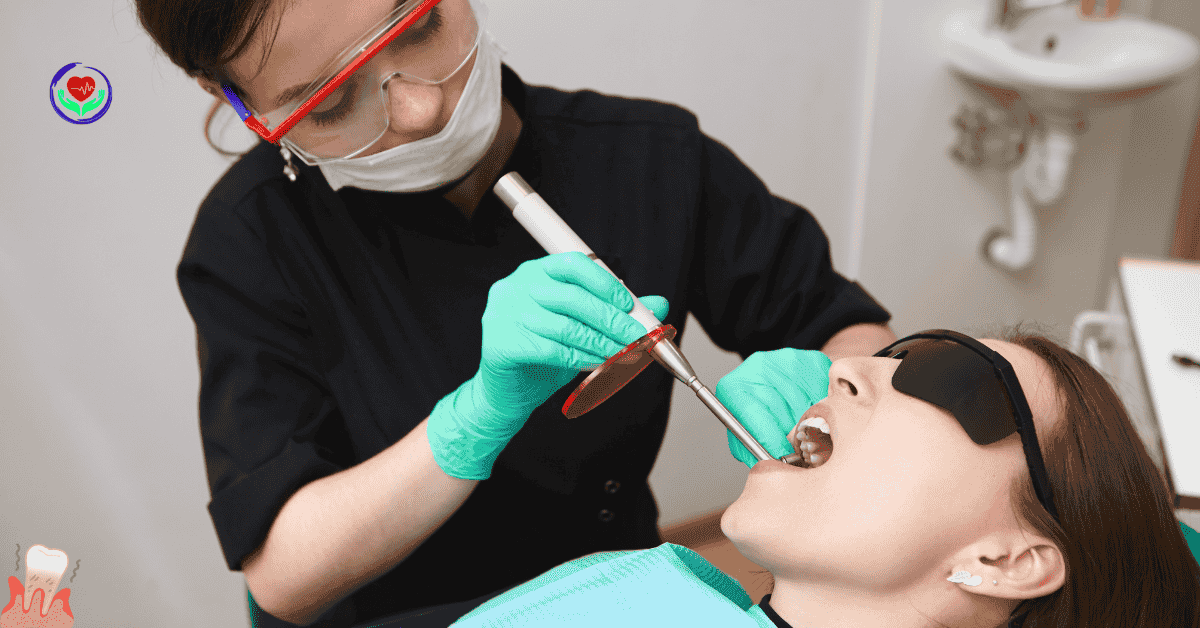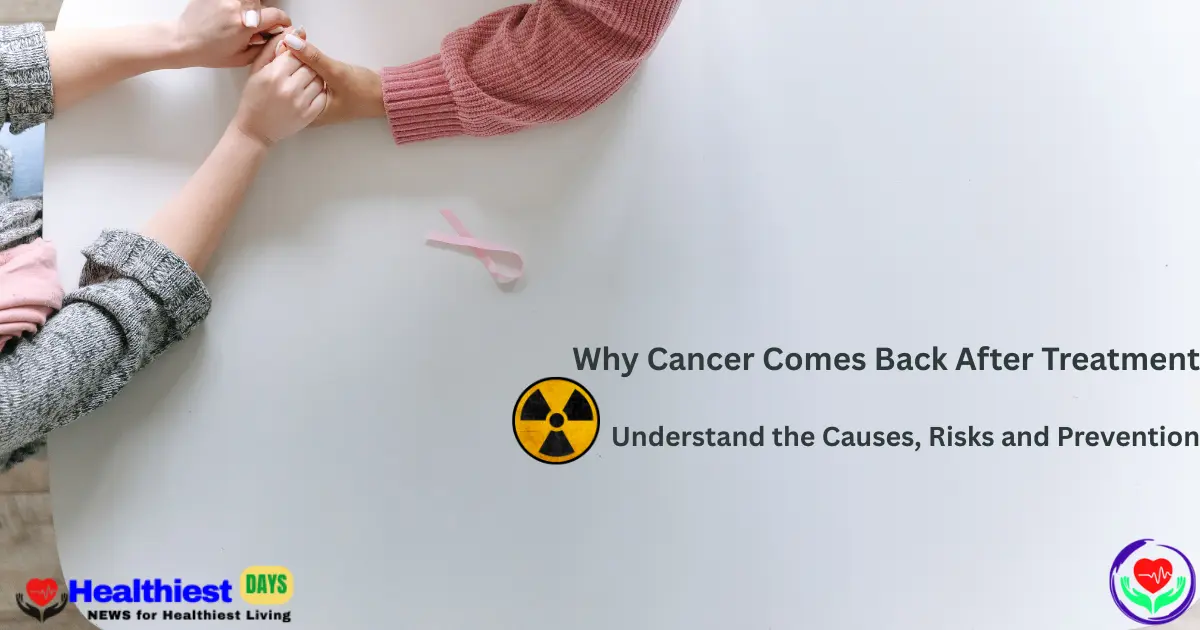New treatments for ovarian cancer innovation in 2025 are reshaping the future of gynecologic care in the United States at all levels. It is also offering new hope to thousands of women. If you’re searching for how to diagnose or support a loved one, our detailed guide marks a transformational moment in cancer treatment. From next-gen targeted therapies to breakthrough immunotherapy and personalized mRNA cancer vaccines, 2025 is setting new standards for the ways we fight ovarian cancer—with more precision, less toxicity, and real potential for long-term remission.
At The HealthiestDays, we believe in healing naturally—because you deserve ideal treatment procedures that do more than prolong life; they should protect the quality of it too. Let’s explore the most promising and advanced medical processes for new ovarian cancer treatments U.S. patients can access in 2025.
Why 2025 Is a Game-Changer for Ovarian Cancer Treatment
In 2025, ovarian cancer care in the U.S. will have reached a pivotal point in the field of modern cancer research. With over 19,700 new diagnoses annually (according to the American Cancer Society), researchers and oncologists have investigated fast-tracked therapies that prioritize individual genetics, tumor behavior, and immune response.
These innovations are not only for theoretical approaches, but they’re now being used in major U.S. cancer centers and offered through accessible clinical trials. And for many women, they have brought a second chance for their lives.
1. Targeted Therapy 2.0: Engineered for Fewer Side Effects
Targeted therapy always remains a core tool in ovarian cancer care, but 2025 brings upgraded, smarter drugs for the treatment of ovarian cancer. PARP inhibitors like niraparib and olaparib have been refined for better tolerability by including New Treatments for Ovarian Cancer Innovation in 2025.
We will discover hidden benefits of this technology in the following way:
- Dual inhibitors: They block cancer cell repair and growth signals
- Reduced toxicity formulations: They are very essential for longer-term use
- FDA-approved combos will be available across most U.S. hospitals to treat ovarian cancer in 2025.,
This means fewer side effects, less fatigue, and better outcomes—especially for women previously ineligible for these treatments due to numerous complications in the treatment.

2. Breakthrough Immunotherapy Options for U.S. Patients
Immunotherapy entered into a new era in 2025. There are some checkpoint inhibitors (e.g., pembrolizumab, nivolumab) that are now paired with custom vaccine boosters by retraining the immune system to detect and destroy ovarian tumor cells—even in advanced or recurrent cases in women.
Top U.S. institutions, MD Anderson Cancer Center and Memorial Sloan Kettering, are now offering the following options:
- T-cell expansion therapies for cancer patients
- Dendritic cell-based vaccines for severe conditions of cancer
- Neoantigen mRNA immunizations against cancer cells
Clinical responses have improved in platinum-resistant and late-stage patients. It also offers them treatment reliability, more than just another round of chemo.
3. Real-Time Genetic Testing: Precision in a Single Day
One of the most exciting ovarian cancer innovations in 2025 is the integration of AI-powered genetic testing, which is also available same-day in many U.S. hospitals.
A list of tools is given that is useful for this kind of procedure:
- Tempus xT panels
- FoundationOne CDx
- Guardant360 liquid biopsies
It allows doctors to build personalized treatment plans in hours, not weeks. It is also an advancement, which means that patients are no longer treated with “trial-and-error” chemotherapy but with precision drugs tailored to their tumor’s DNA.
4. New Clinical Trials Opening Across the U.S.
If you’re in the U.S. and looking for next-level treatment, 2025 clearly offers new hope through expanded clinical trials. These are the trials that often come at no cost to participants and include some of the most advanced therapies on the planet.
Notable trials are like
- GYN-ONCO 2025: Testing AI-matched therapy regimens in New York & California brings notable trials for cancer patients.
- VAX-OvC Trial: Personalized mRNA vaccines at Stanford promise 100% results if cancer is diagnosed and treated earlier.
- IMMUN-OVA: A Midwest-based study on combination immunotherapy plays it role to control unwanted division of cells.
Patients are seeing partial and full remissions, even in cases previously considered untreatable due to different reasons, including severe conditions, delayed treatment, and getting a late cancer diagnosis.
5. mRNA Cancer Vaccines: Hope from Your Own Cells
New Treatments for Ovarian Cancer Innovation in 2025 includes Moderna and BioNTech have pushed mRNA technology beyond COVID—into personalized cancer vaccines for ovarian cancer. In modern times, these vaccines are custom-built from each patient’s tumor profile and programmed to target only cancer cells within the body in spite of affecting other cells.
Early results from U.S. trials show the following results:
- Remission rates up to 68%; now, they can be assessed with mor more accuracy
- Minimal systemic side effects that ensure safety, credibility, and treatment satisfaction.
- Fast production within 30 days of diagnosis by ensuring speedy recovery.
“We’ve moved from treating the disease to pre-training the body to fight it,”
says Dr. Ellen Grant of Johns Hopkins Cancer Immunology Lab.
6. Robotic-Assisted & Minimally Invasive Surgical Advances
Surgery remains a core part of ovarian cancer treatment, but 2025 is seeing a shift toward robotic-assisted and laparoscopic techniques—especially for early-stage and low-volume disease that can be recovered easily.
New advantages may include:
- 1–2 day recovery time (vs. traditional 6–7 days) for proper start of treatment
- Lowered infection risk and blood loss that ensures fast recovery.
- High-precision tumor removal using AI imaging tools that work effectively under the modern principles of research.
Robotic surgery is now standard at leading U.S. facilities and covered by most insurance plans.
7. Can AI Predict Your Best Treatment Path?
With the rise of OncoAI and IBM Watson for Oncology, doctors now have the capacity to input genetic, imaging, and behavioral data to predict which treatment has the highest probability of success.
AI models use the following principles:
- Past patient outcomes in a quick way
- Tumor growth simulations that assists treatment procedures
- Drug resistance that tracks previous history of patients
This personalized prediction has been altering how and when treatments are chosen, often avoiding unnecessary rounds of ineffective chemotherapy.
What U.S. Patients Should Know Before Starting New Treatments
New Treatments for Ovarian Cancer Innovation in 2025: Consider asking your oncologist:
- Is this an FDA-approved option or part of a clinical trial for the assurance of exact targeting of cancer cells?
- What are the expected side effects of the treatment procedure?
- Is it recommended first or not?
- Will my insurance cover this treatment or trial for the cancer only?
- How soon can I start the therapy? As soon as possible?
FAQs: New Treatments for Ovarian Cancer Innovation in 2025
Q1: What are the newest treatments for ovarian cancer in 2025?
Next-gen PARP inhibitors, personalized immunotherapy, and mRNA-based vaccines lead the innovation space for ovarian cancer in 2025.
Q2: Are these treatments available across the U.S.?
Yes—most are offered at major U.S. cancer centers or through national trials in the entire domain.
Q3: Are these options covered by insurance?
FDA-approved treatments are typically covered in the following ways: Clinical trials are often no cost to patients.
Q4: Who qualifies for mRNA cancer vaccines in 2025?
Patients with high-grade serious ovarian cancer or recurrent disease are primary candidates who qualify for mRNA cancer vaccines.
The Healthiest Days Believes in Smarter Healing
At The Healthiest Days, we truly believe in reshaping empowerment of women with clear, compassionate, and research-backed guidance—because you deserve more than standard care of health. You deserve detailed solutions that fit your body, respect your journey, and offer real healing.
If you’re fighting with ovarian cancer or supporting a loved one, the innovations of 2025 are not just science—they’re stories of survival, strength, and hope.
Ready to Learn More or Take the First Step?
👉 Visit healthiestdays.com to discover natural health tools, clinical trial directories, and trusted support on your journey to healing.
Your healthiest days are still ahead; welcome them with confidence, courage, and enthusiasm.








